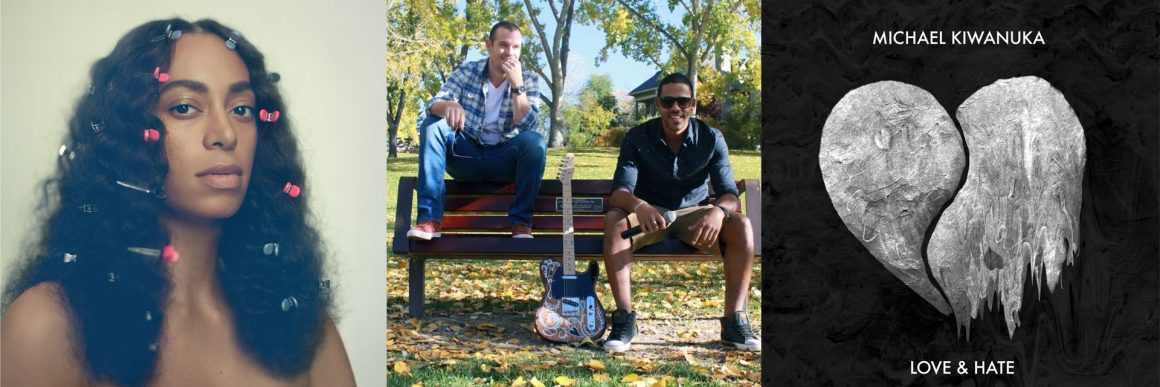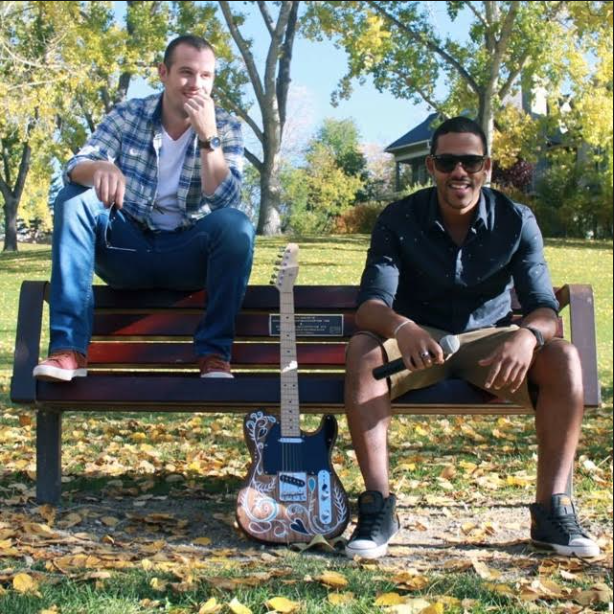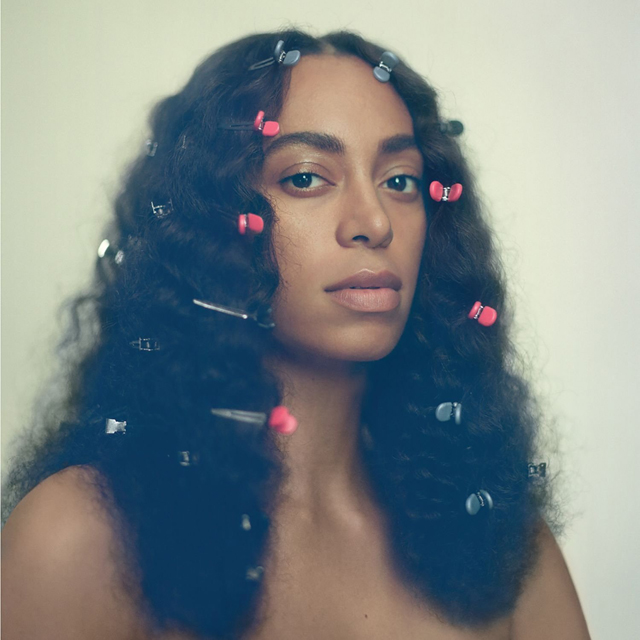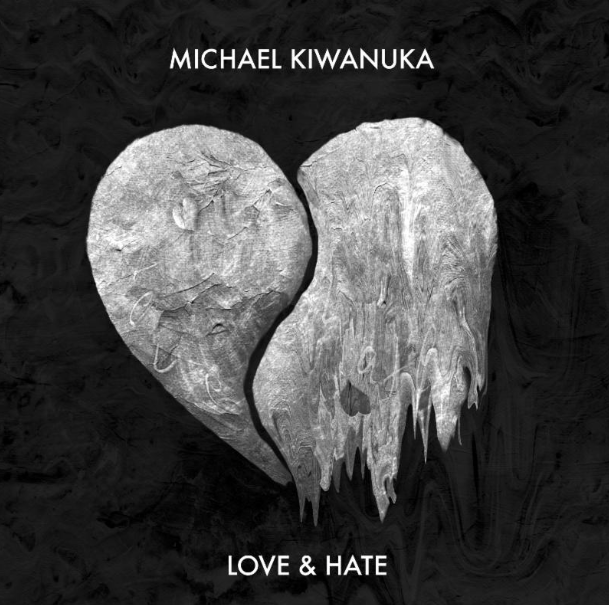
Our favourite albums of 2016 highlight local talent and Solange’s political voice
While 2016 was generally not a great year for politics, the environment and the many celebrities who passed away, the year was undoubtedly a pretty decent year for music.
Frank Ocean emerged after a four-year hiatus with Blonde, Beyoncé shook the world with her sneaky release of the visual album Lemonade and David Bowie released his final album before his death. Life of Pablo was Kanye West’s musical contribution to the year and fans were thrilled.
More great music is to come in the new year. Since there was so much great music released this past year, the Gauntlet contributors compiled three albums you might have missed in 2016 and are worth the listen. Even after we say goodbye to this true pig of a year, we can say hello to some good tunes in our ear.
Penny Fortune, Loose and Colourful
While 2016 was a great year for the music industry in general, it was a great year for local music as well. 
Up and coming two-man Calgary band Penny Fortune released their newest album Loose and Colourful on Nov. 5 after a series of gigs. Penny Fortune combines R&B, acoustic guitar, piano ditties and rap for a unique sound that gives off a Barenaked Ladies vibe.
The 11-track album consists of clean, relatable lyrics accompanied by a unique mix of acoustic plucks and easy-going rap. It’s perfect music to listen to during commutes or studying.
One of the album’s biggest gems is the second track. “Keepin’ It Real” is a catchy tune with a great piano hook and guitar solo, paired with casual lyrics about keeping it real on a Friday night.
Another stand-out track on the album is “Lights,” which introduces new background singers. The track has a light and airy feel to it, contrasting with the compound rap beats of the other songs.
The closing track “Wrong Heart” ties the entire collection together and lends a more unified and complex mix. This multi-faceted tune is a professional-grade song that the local music scene should be proud of.
Nikayla Goddard
 Solange, A Seat at the Table
Solange, A Seat at the Table
After self-radicalized white supremacist Dylann Roof entered a Bible study class in South Carolina and murdered nine black parishioners, Solange Knowles turned to Twitter.
“Where can we be safe? Where can we be free? Where can we be black?” she asked. In the midst of such darkness, she groped for a concrete answer and a sense of hope.
Candid, subversive and oh-so-cool, Solange’s 2016 album A Seat at the Table is a 51-minute response to her own questions.
The album both explicitly and implicitly explores what it means to be black in a post-Obama, pre-Trump America. This politicization infuses the album with energy. Solange points out racial injustice when she encounters it, but never defines racism in black and white terms, choosing to show rather than tell.
The album’s title, A Seat at the Table, is equally poetic, referencing the poem “I, Too” by African American activist Langston Hughes. “I, too, sing America … I, too, am America,” he writes.
“I like to think that I made a punk record,” Solange said following the album’s release. Similar to the way that ‘70s punk music allowed white youth to provoke adults and reject authority, A Seat at the Table is a disruptive and galvanizing album.
Solange finds her punk moment in the song “Mad” featuring Lil Wayne. “Yeah, but I, got a lot to be mad about, got a lot to be a man about, got a lot to pop a xan about,” Wayne sings.
The song alludes to many things at once — the collective discontent of black America, the emergence of the Black Lives Matter movement and of course, James Baldwin’s adage that “to be relatively conscious is to be in a rage almost all the time.”
Ultimately, A Seat at the Table distills the rage Baldwin speaks of into 12 luxurious songs, which collectively pulse with tales of black suffering and celebration. It is not an album about love and sex. It is a fully conscious album, separating Solange from other R&B artists who have yet to devote an entire album to racial justice.
Isobel Chiang
Michael Kiwanuka, Love & Hate
One of 2016’s best albums was also one of the year’s most overlooked. Michael Kiwanuka released the best album of the summer in July with Love & Hate, an alternative-soul masterpiece.
Kiwanuka’s sophomore record is full of catchy earworms but never lacks substance. The British singer-songwriter’s melancholic lyrics are deeply personal but relatable enough to resonate with anyone who has ever had their heart broken. The record is engaging throughout, with no songs easily skipped upon repeated listens.
That said, there are several glorious highlights. “Cold Little Heart” opens the album with a bang. The 10-minute track spends half of its run-time gradually building momentum with beautiful choir vocals, strings, piano and electric guitar before we finally get to hear Kiwanuka’s wistful voice. Kiwanuka addresses racism in the vivacious “Black Man In A White World,” a song that tackles serious subject matter while also making you want to tap your toes.
The album’s namesake “Love & Hate” is one of the collection’s most passionate tracks. Kiwanuka’s frustrations are clear, culminating in an epic guitar solo backed by stirring strings. “The Final Frame” closes out Love & Hate with a bluesy ballad that expresses the sadness of personal defeat, without making the listener feel hopeless.
Love & Hate is an album with no low point. The music is consistently melancholic, but never too low that it prevents endless replays. There’s no question that Michael Kiwanuka has delivered some of 2016’s finest music, proving that he’s an artist to watch out for in the future.
Zach Green
